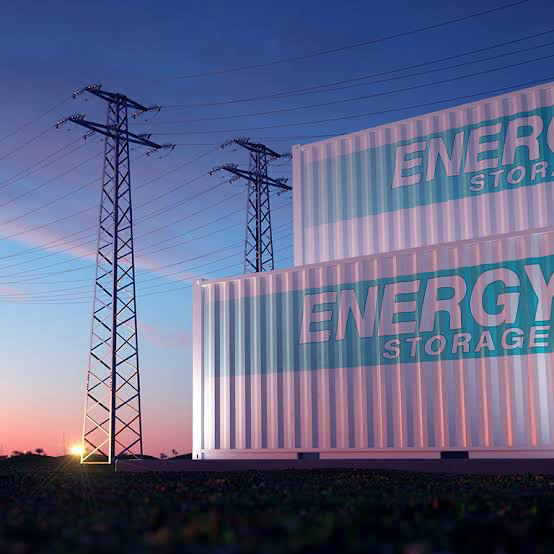KEY POINTS
- The World Bank has approved a $200 million grant to Zambia to expand energy access, particularly for underserved communities.
- The funding is part of the ASCENT program, which aims to connect over one million Zambians to reliable electricity within five years.
- This initiative aligns with Zambia’s national energy goals and supports the broader Mission 300 objective to electrify 300 million Africans by 2030.
The World Bank has approved a $200 million grant to Zambia through its International Development Association (IDA) to accelerate energy access in the country.
This grant represents the 13th phase of the Accelerating Sustainable and Clean Energy Access Transformation (ASCENT) program, a pivotal project designed to improve the lives of rural and remote communities in Zambia by providing them with affordable, clean, and reliable electricity.
The funds are aimed at reaching over one million Zambians within the next five years, supporting the electrification of households while ensuring that businesses and industries also benefit from accessible power.
This move is expected to enhance economic growth, foster job creation, and provide a crucial boost to Zambia’s national development goals.
The investment will scale up successful pilot projects, invest in innovative energy technologies, and build local capacity for managing energy infrastructure.
A Strategic Collaboration for Economic Growth
According to Yadviga Viktorivna Semikolenova, World Bank Practice Manager for Energy in Eastern and Southern Africa, the program aligns perfectly with Zambia’s national energy objectives under the Mission 300 Initiative. This initiative aims to provide sustainable energy access to 300 million Africans by 2030. The project, which is an essential part of this broader target, will help Zambia make significant progress in electrifying underserved regions.
Achim Fock, World Bank Country Manager for Zambia, highlighted the importance of collaboration in making the ASCENT Zambia project successful. “Partnerships are key to the project’s success,” Fock said, adding that working with all relevant stakeholders would be vital to ensuring sustainable and reliable energy access for all Zambians.
Established in 1960, the IDA focuses on providing grants and low-interest loans to the world’s poorest countries. Nearly 70% of its recent commitments have been directed to Africa, underscoring the World Bank’s dedication to advancing sustainable development across the continent. Since its inception, IDA has disbursed nearly $496 billion across 114 nations, marking a significant contribution to global poverty reduction and infrastructure development.
With Zambia’s energy sector receiving this significant boost, the ASCENT Program is positioned to make a lasting impact on the country’s economy, empowering rural communities and laying the groundwork for a brighter, more sustainable future.



